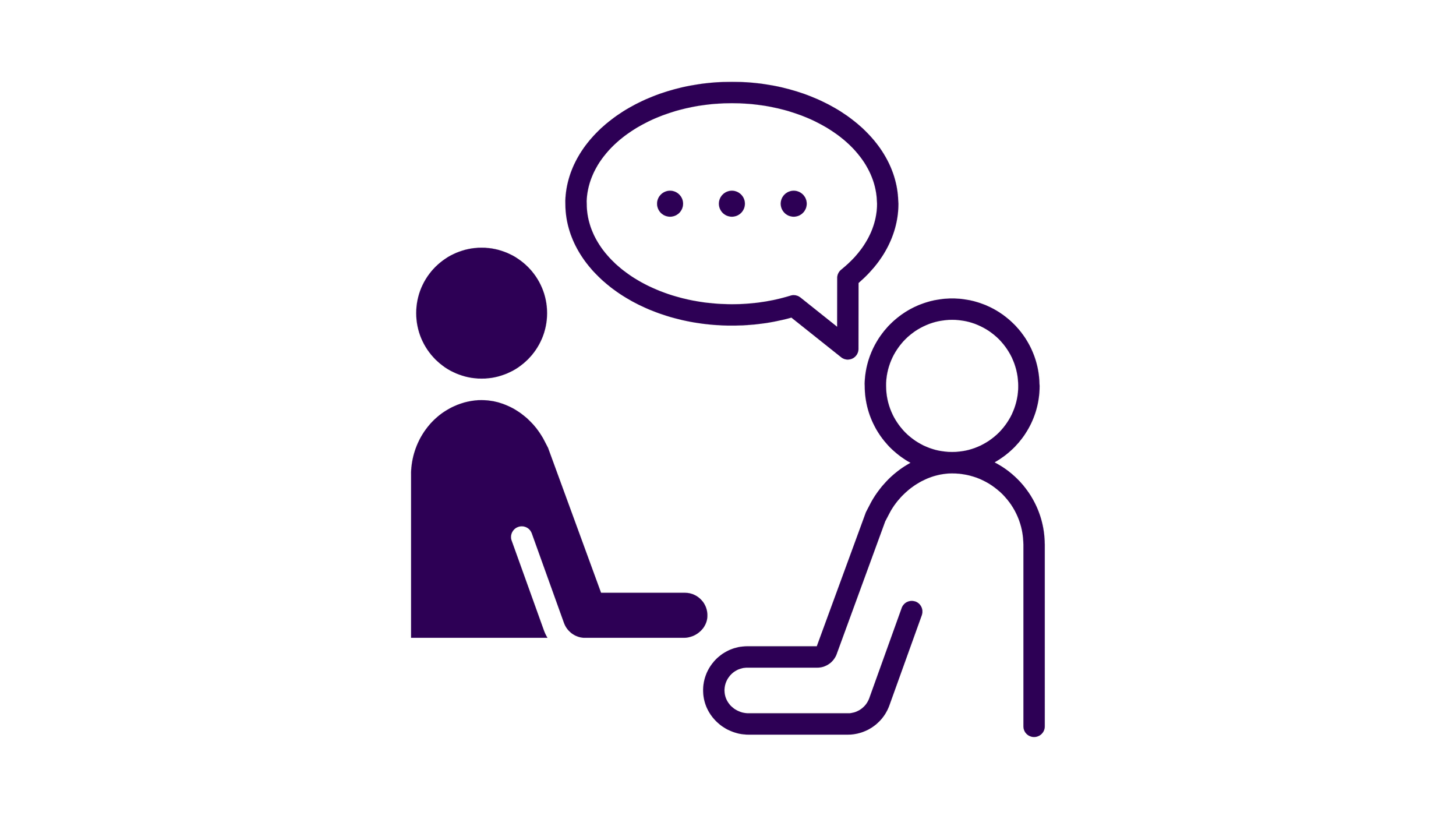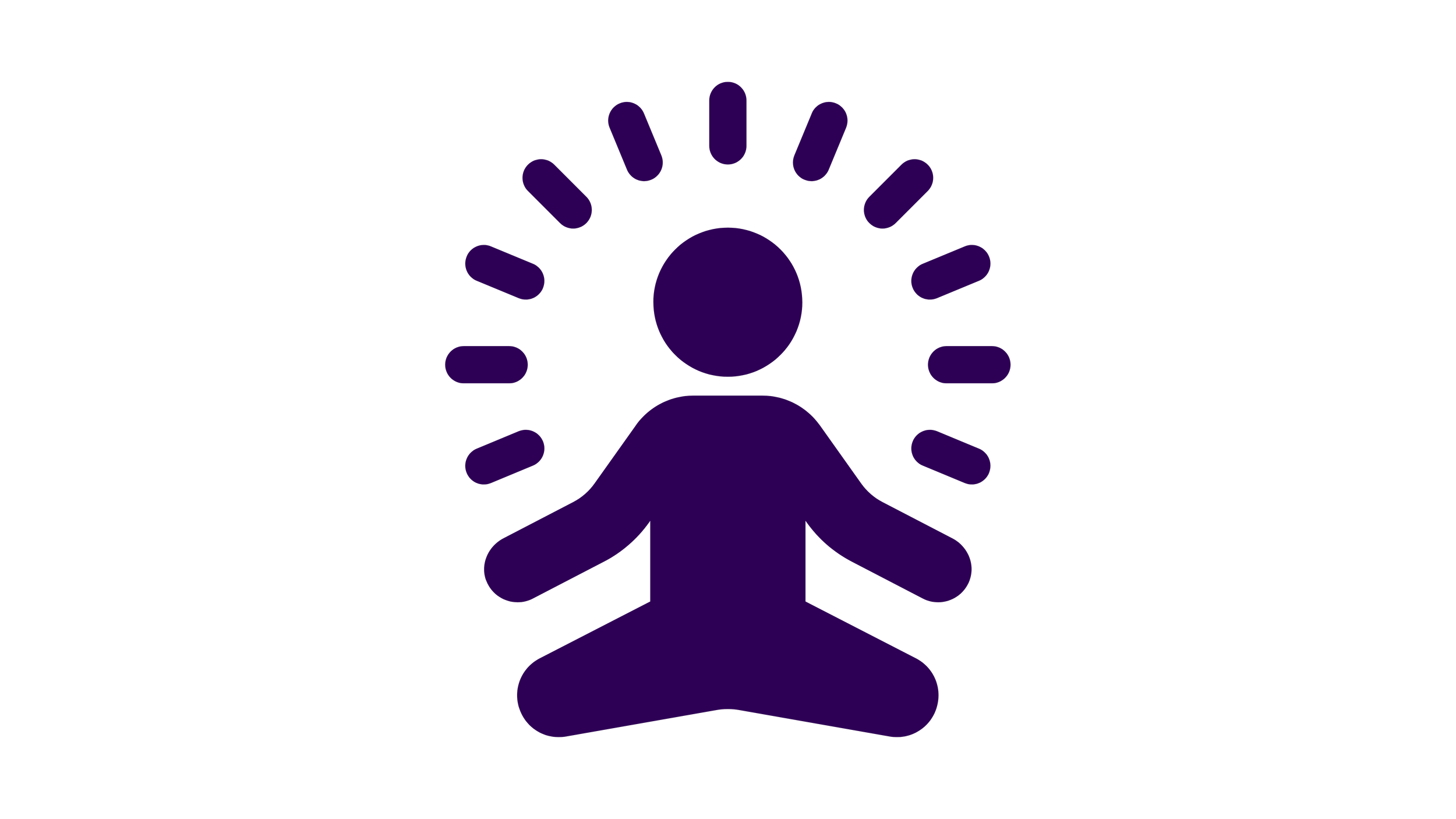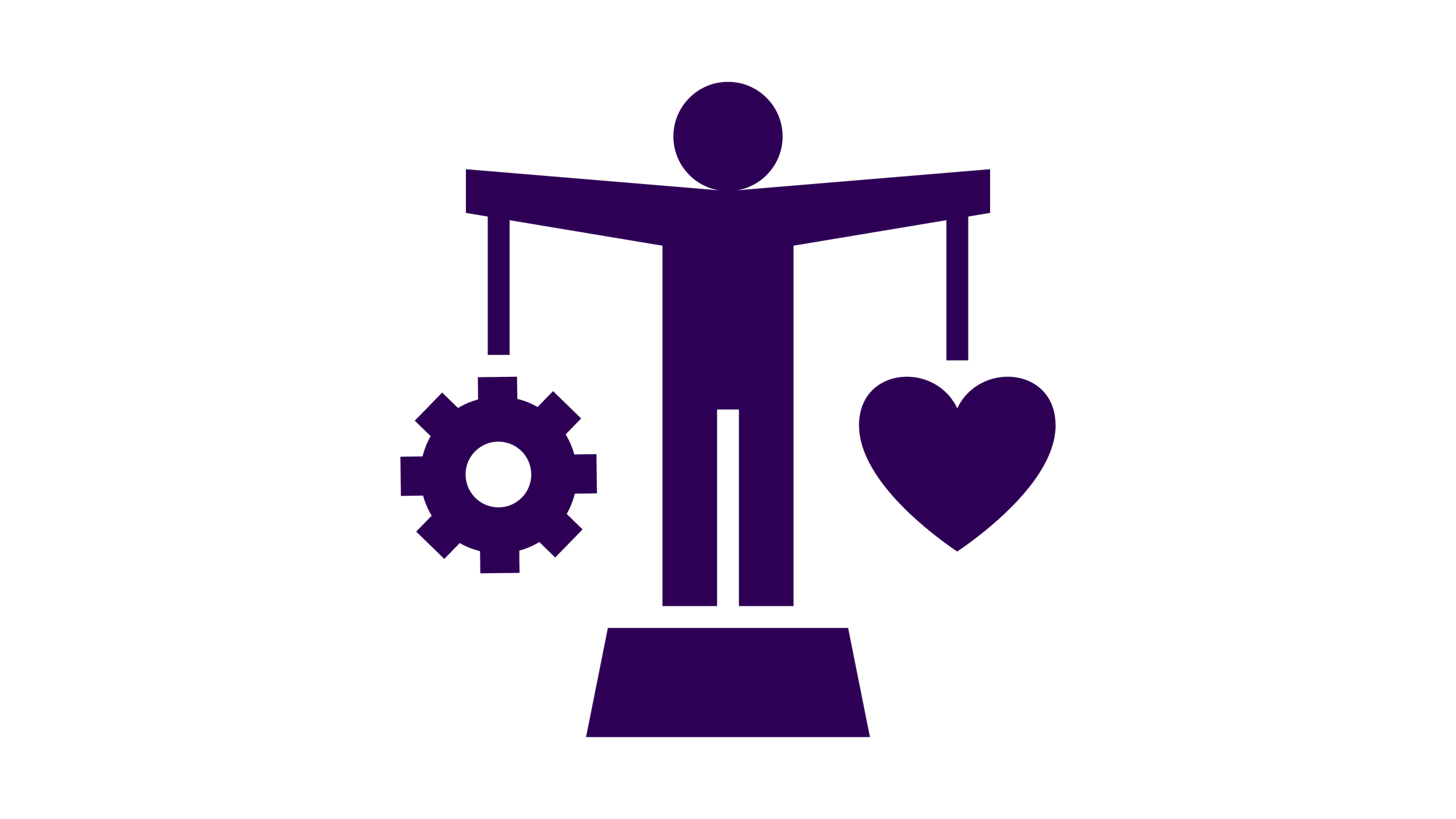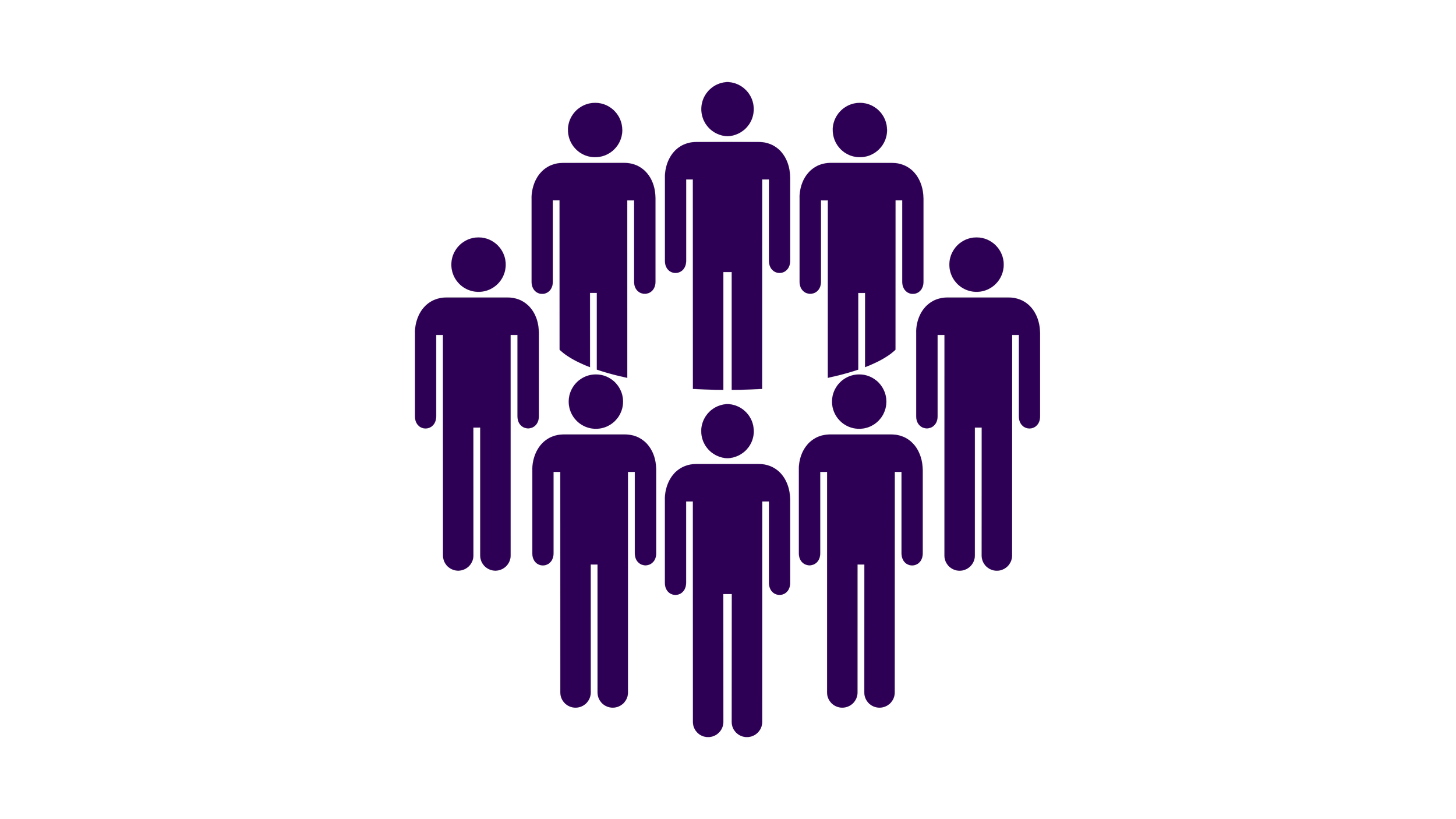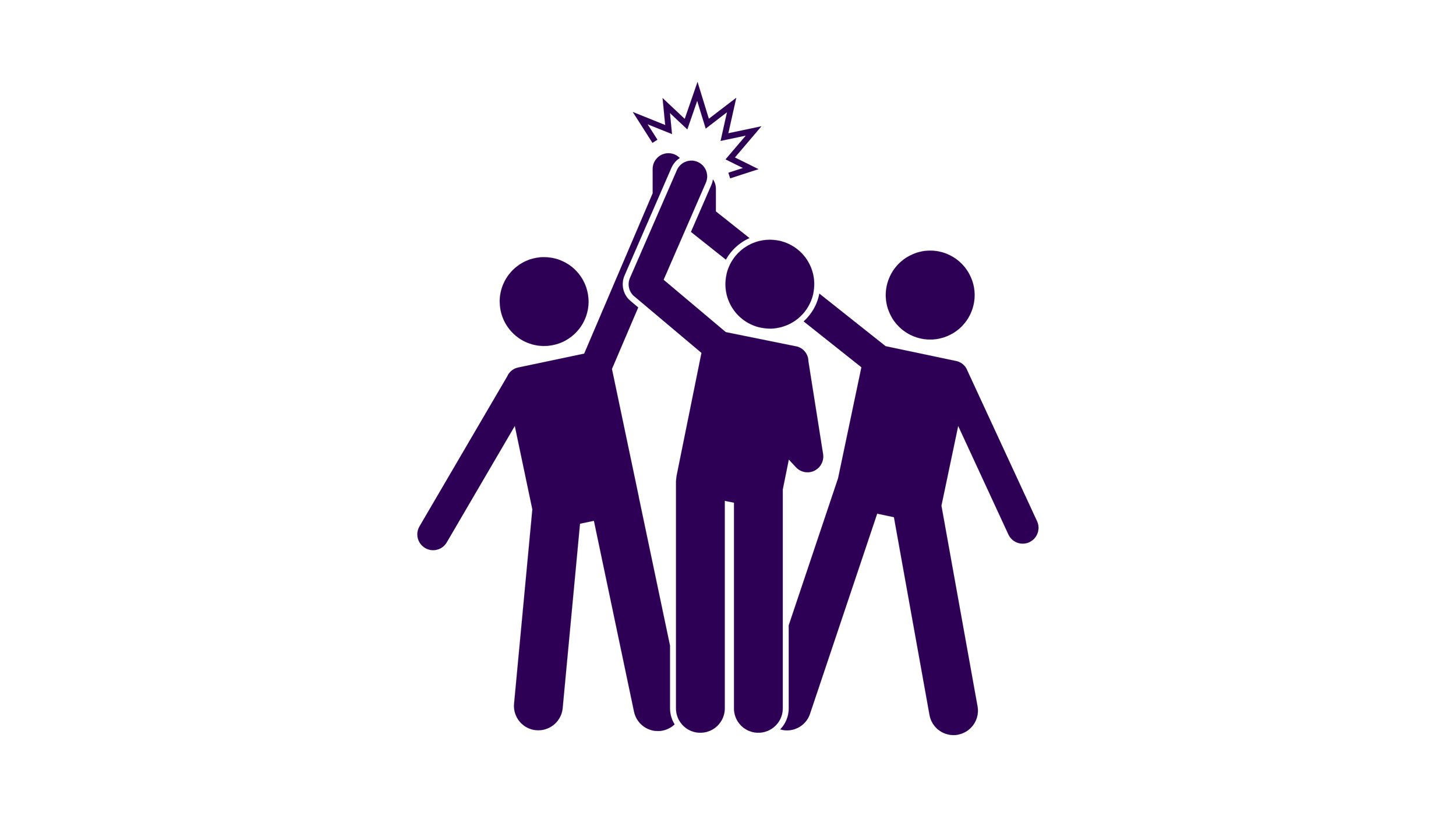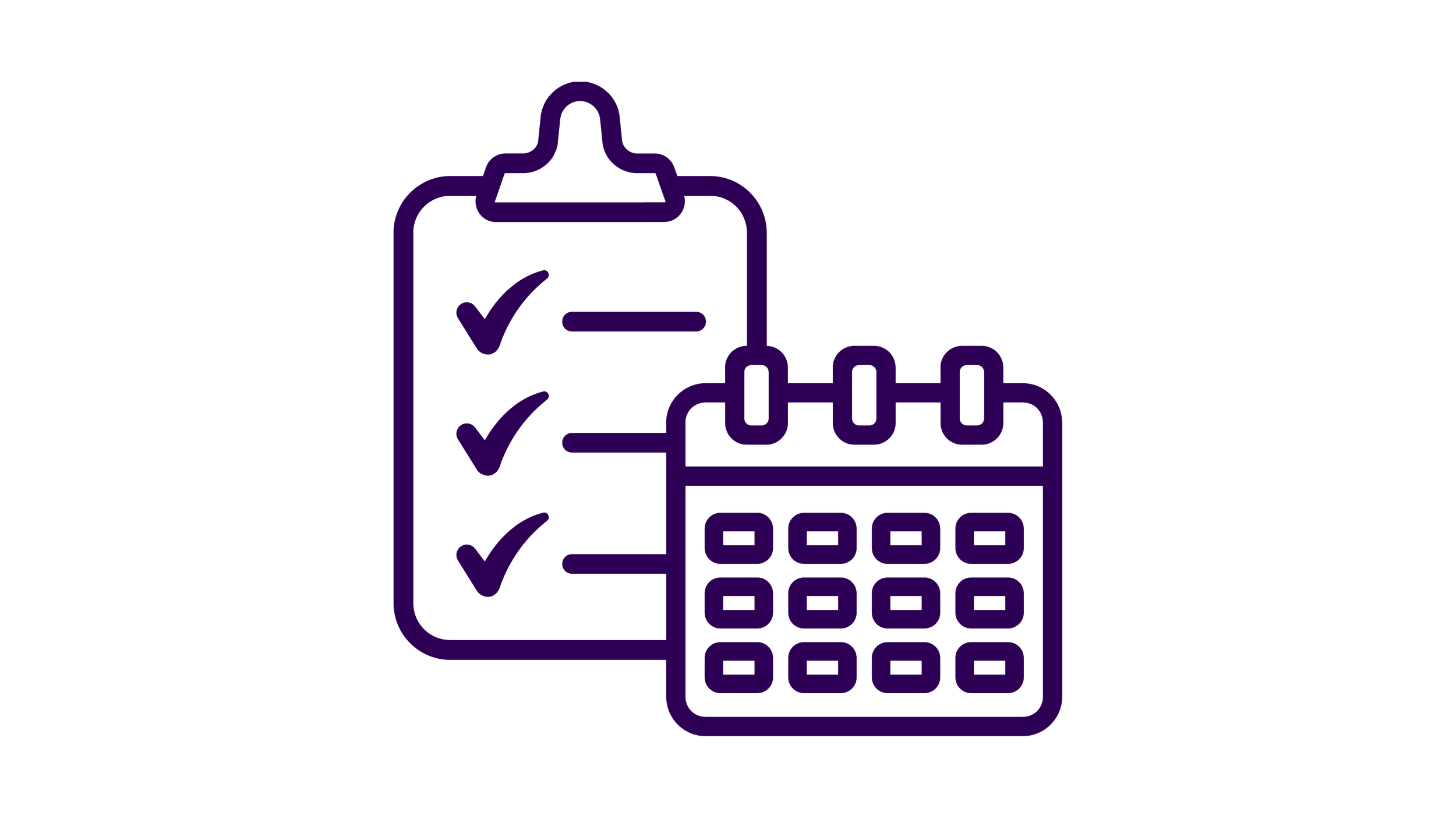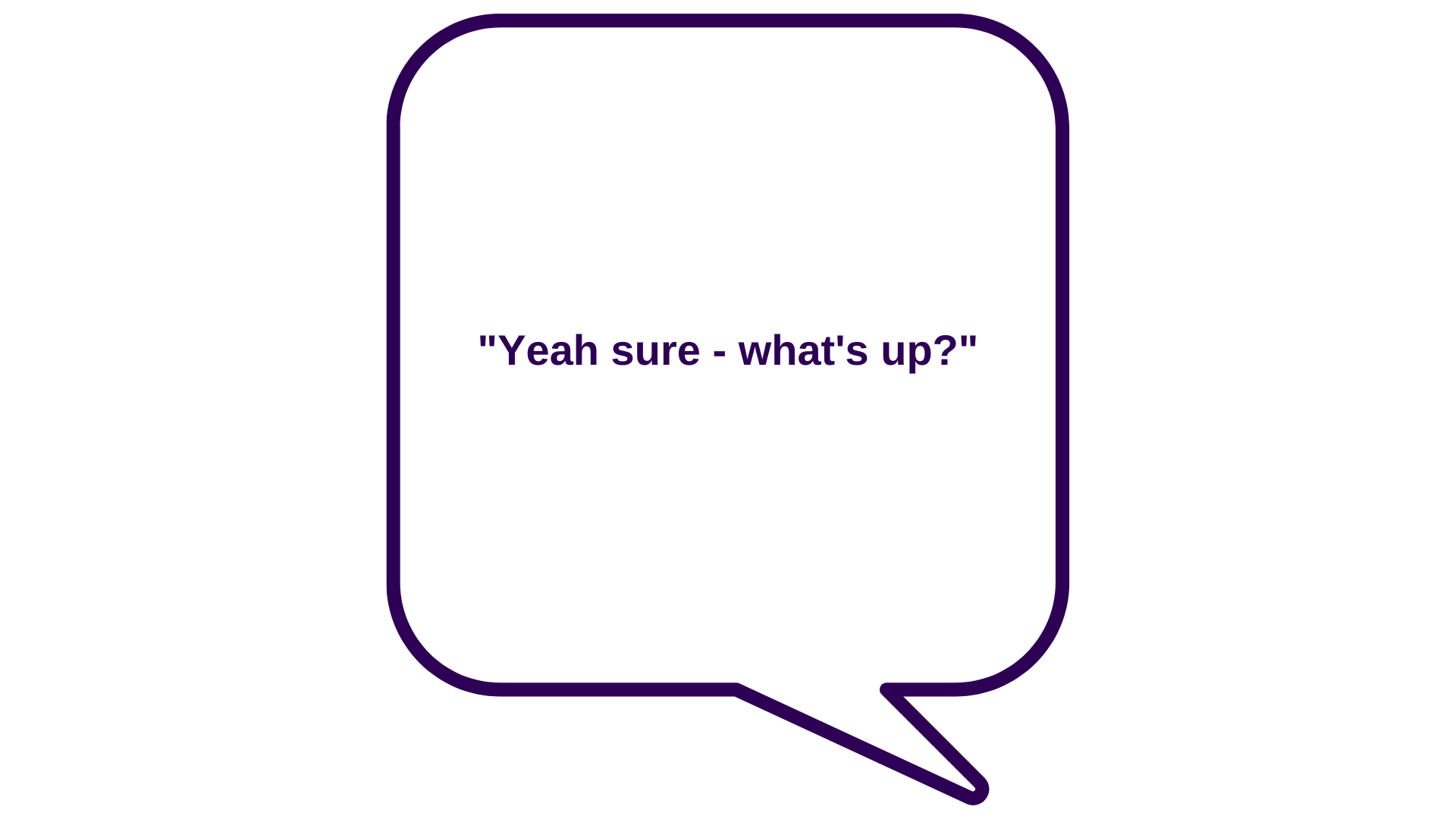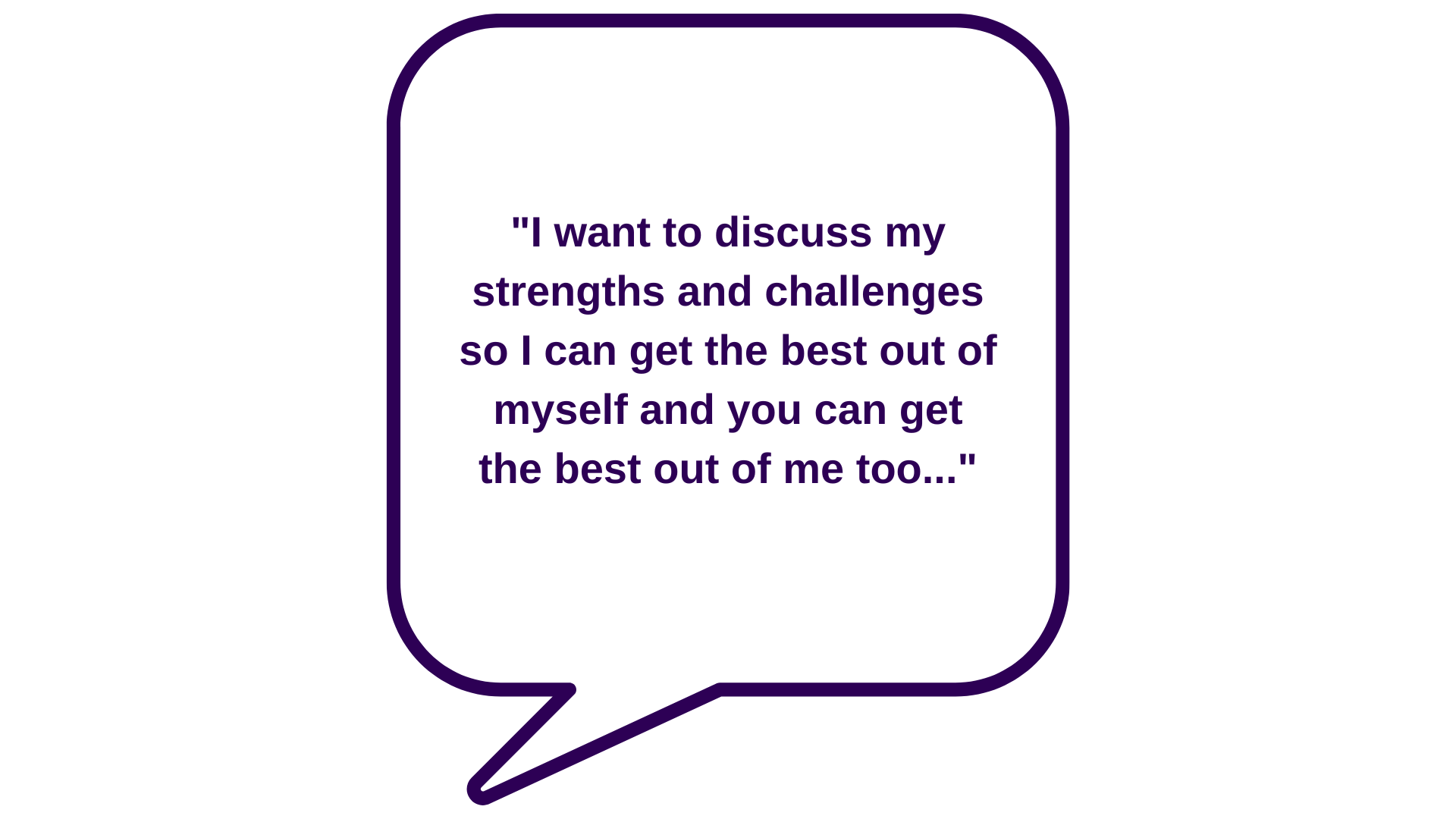
ATHLETES AND PARTICIPANTS
An Emerging Community
Despite the increasing diagnoses and discussions surrounding neurodiversity, it remains underrepresented and not fully normalised in sports. There is a lack of sports-specific advice for neurodivergent individuals and limited visible representation, which can make it easy to feel alone. However, it’s important to remember that you are not alone—statistics indicate that around 1 in 7 people are neurodivergent, with some experts estimating the figure could be as high as 1 in 4. If you’re part of a team with more than seven members, it's likely that others share similar neurodivergent experiences. Connecting with fellow neurodivergent athletes, even across different sports, can help you realise you’re part of a larger community. Their experiences and successes can empower you and alleviate feelings of isolation.
The Benefits of Participating in Sport
Social Experience
Engaging in team sports provides opportunities to interact with peers in a safe and structured environment, with shared goals.
Stress Relief
Physical activity is a natural stress reliever, helping to reduce anxiety and improve mood through the release of endorphins.
Sensory Regulation
Engaging in sports can help individuals learn to manage sensory input by finding strategies to cope with stimulating environments.
Physical Fitness
Regular physical activity promotes overall health and fitness, strengthens muscles, and enhances coordination and motor skills.
Focus and Concentration
Participation in sports can positively challenge and therefore effectively develop focus and concentration strategies.
Community
Participating in sports creates opportunities for building friendships and connecting with a community, reducing feelings of isolation.
Self-Esteem
Achieving personal goals and improving skills in sports can lead to increased confidence, self-esteem and positive self-talk.
Team Collaboration
Being part of an inclusive team fosters a sense of belonging, teamwork, cooperation, and mutual support.
Adaptability and Resilience
Sports provide a platform for individuals to learn how to adapt to challenges, cope with setbacks, and develop resilience through adversity.
Structure and Routine
Sports often provide a structured routine, which can be beneficial for individuals who thrive on predictability and clear expectations.
Transferrable Skills
Sports can help develop various transferable skills, such as problem-solving, decision-making, and strategic thinking.
Life Skills
Participation in sports can help develop essential skills and strategies, such as time management and goal-setting.
Thriving in Sport
Understanding and communicating your needs, advocating for reasonable adjustments, and building a support network are essential steps to reaping the benefits of sports participation. Start by familiarising yourself with your rights as a neurodivergent individual under relevant laws, such as the Equality Act 2010 (in the UK) or the Americans with Disabilities Act (ADA) in the United States. These laws protect you from discrimination and ensure you have equal access to training, competitions, and other sporting activities. Scroll down for further advice and tips.
Disclosure..
Deciding whether to disclose neurodivergent traits can be challenging, especially with uncertainty around how others might react. Many athletes worry about being misunderstood or treated differently, which can lead to hiding a significant part of their identity. One approach is to start by sharing with a trusted teammate, coach, or staff member who may already have an understanding of neurodiversity. Having open conversations in smaller, safer settings can build confidence and help you find allies who’ll support you as you gradually share more.
It is important to note that many neurodivergent athletes many not have a formal diagnosis of a neurodivergent condition but this does not mean your experiences or challenges are invalid. You may be waiting for a formal assessment or just starting to contextualise your challenges within neurodiversity. That is okay and at neurodiverse sport we encourage you to think of neurodiversity in the lens of strengths and challenges adopting a traits-based approach.
If you choose to disclose, try framing it around your strengths as well as your needs. For example, explaining how your focus style or sensory preferences impact your performance can encourage understanding without feeling overly vulnerable. Remember, too, that not everyone will have the language or knowledge to understand neurodivergent traits right away. Taking time to explain in a way that feels comfortable for you, and giving others room to learn, can foster better understanding. Finding peers in neurodivergent communities—whether in sports or outside—can also offer valuable support and lessen feelings of isolation when it seems others "just get it" more easily.
Underestimated Strengths, Overemphasised Challenges
Neurodivergent athletes often possess unique strengths such as creativity, hyperfocus, resilience, and problem-solving, to name a few. But these are often overlooked in favour of “fixing” perceived weaknesses. This focus on challenges can make it harder to feel pride in your identity and contributions.
Without acknowledgement of your strengths, you might feel out of place or assume you don’t belong in your sport. In reality, your neurodivergent traits might give you a competitive edge or distinctive style, but these traits often aren’t celebrated as they should be.
See our top tips below for further advice.
Our top tips
Top Tips for Neurodivergent Athletes and Sports Participants
-
The first step in seeking support is understanding how your neurodivergent traits impact your performance and experience in sport. Ask yourself:
What environments help me succeed? (e.g., quieter settings, structured routines)
What triggers stress or anxiety? (e.g., loud noises, unexpected changes)
How do I best communicate and learn? (e.g., visual aids, written instructions)
By understanding your needs, you can better articulate them to coaches, teammates, and support staff.
-
Once you know what works best for you, it’s important to communicate these needs clearly:
Talk to your coach: Explain how your neurodivergence affects your training and what accommodations could help you perform at your best. For example, if you have ADHD and need shorter, focused training sessions, let them know.
Discuss sensory issues: If sensory sensitivities (to noise, light, etc.) impact your performance, inform event organisers or coaches so they can make adjustments or provide quieter spaces if needed.
Be specific: Offer clear, concrete examples of what helps and what hinders you. For instance, "I work better with visual demonstrations rather than verbal instructions."
-
Under the Equality Act 2010 (in the UK) or similar laws in other countries, you have the right to request reasonable adjustments to ensure you are not disadvantaged in sports due to your neurodivergence. These adjustments might include:
Customised training programmes: Ask for a training routine that is flexible and tailored to your needs, such as additional breaks or individualised coaching.
Modified competition formats: If certain competition rules or formats are challenging, discuss possible modifications (e.g., additional preparation time before events or modified tasks).
Use of assistive technology or aids: You can request the use of tools that help manage your challenges, such as headphones for managing noise or visual schedules to outline training routines.
-
In environments where neurodivergence may not be fully understood, you may need to advocate for yourself to ensure your needs are met. Here’s how:
Be proactive: Approach coaches, teammates, or support staff early to explain your neurodivergence and the type of support you require.
Use support networks: If possible, bring in someone (a friend, parent, advocate, or therapist) who understands how your condition manifests to help explain it to the sporting organisation.
Stay assertive: If your needs are not initially met, it’s important to continue asking for accommodations. Remind the organisation of their duty to make reasonable adjustments under the law.
-
Depending on the sport, you may benefit from working with specialists who understand neurodivergence:
Sports psychologists: A sports psychologist who specialises in working with neurodivergent athletes could help you develop strategies for focus, dealing with stress, or improving your mental approach to competition.
Occupational therapists: An occupational therapist could help you develop coping strategies for sensory sensitivities or motor coordination issues that may arise in sports.
Speech or communication therapists: If communication is a challenge, therapists can help you develop clearer strategies for interacting with coaches and teammates.
Clinical psychologists: For a comprehensive assessment of your strengths and challenges in speech and communication, and to explore support strategies, you can consult a clinical psychologist who specialises in this area.
-
Seek out or create support networks with other neurodivergent athletes. These networks can provide valuable advice and emotional support. Consider:
Joining neurodivergent communities: Look for online or local groups that support neurodivergent individuals in sports, where you can share experiences, tips, and resources.
Connecting with neurodivergent teammates: If you know of other neurodivergent athletes in your club or sport, connect with them to share challenges and solutions specific to your sport.
-
If possible, seek out sports clubs, teams, or organisations that are known for being inclusive and supportive of neurodivergent athletes. Some sports clubs or programmes specialise in working with neurodivergent individuals, or have coaches who are trained in neurodiversity. If you would feel more comfortable participating in this type of programme:
Look for inclusive sports programmes: Check if there are specific programmes that focus on adaptive or inclusive sports for neurodivergent individuals.
Speak with inclusion officers: Many sports organisations have diversity and inclusion officers who can help facilitate accommodations and ensure your needs are met.
-
Managing neurodivergence within a sporting environment can sometimes require self-management strategies:
Create routines: Routines can help minimise anxiety or uncertainty. Work with your coach to create a clear, structured training and competition schedule.
Break tasks into smaller steps: If long or complex training sessions feel overwhelming, break them down into manageable steps.
Use visual aids: Visual schedules, checklists, or other tools can help you stay organised and reduce anxiety related to changes or complex instructions.
-
If you are younger or feel that self-advocating might be difficult, involve family members or advocates who can help you communicate your needs to coaches or sports organisations. They can provide support when discussing accommodations and ensuring you receive appropriate adjustments.
-
Neurodivergent athletes may face unique challenges related to mental health, particularly around anxiety, burnout, or social stress. It’s important to:
Prioritise self-care: Take time to rest and recharge, especially if your neurodivergence makes certain environments or routines draining.
Seek professional support if needed: If you experience anxiety or other mental health challenges related to your sport, a mental health professional who understands neurodivergence can offer guidance and support. You may be able to access this support through your GP or, if you're in school, by connecting with a counsellor or your Special Education Needs (SEN) department.

